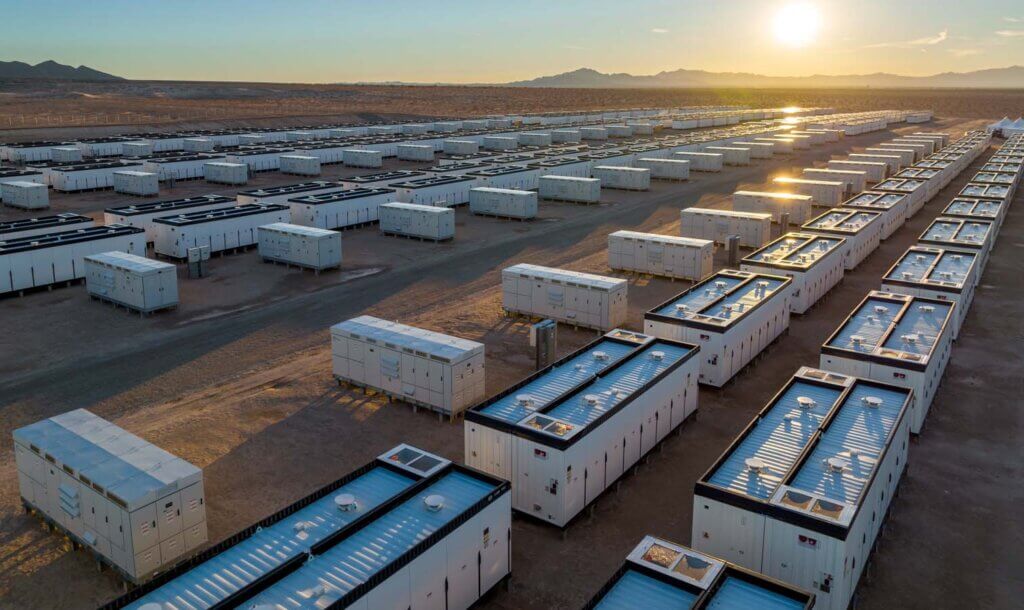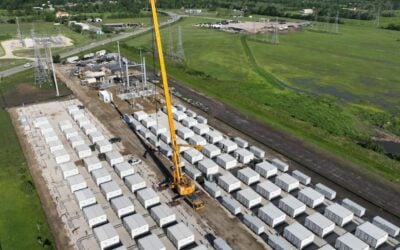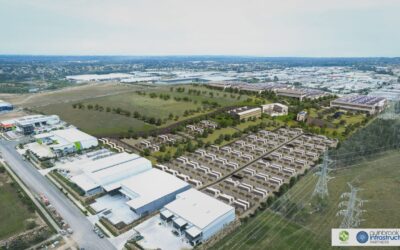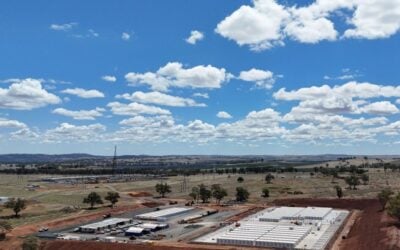
Clean energy trade body American Clean Power Association (ACP) announced a commitment on behalf of the US energy storage industry to invest US$100 billion in building and buying American-made grid batteries.
This includes capital for building new battery manufacturing facilities and procuring American-made batteries.
ACP says an investment of this level will create an estimated 350,000 jobs across the energy storage industry and advance domestic manufacturing, enhancing US energy security, affordability and reliability.
Crucially, ACP notes that this investment would create ‘a clear pathway to supplying 100% of US energy storage projects with American-made batteries by 2030.’
Try Premium for just $1
- Full premium access for the first month at only $1
- Converts to an annual rate after 30 days unless cancelled
- Cancel anytime during the trial period
Premium Benefits
- Expert industry analysis and interviews
- Digital access to PV Tech Power journal
- Exclusive event discounts
Or get the full Premium subscription right away
Or continue reading this article for free
However, achieving this goal requires a pro-business environment with a stable tax and trade policy and streamlined permitting.
Energy storage is a crucial grid-strengthening resource that can provide peaking capacity, lower energy bills, power during extreme weather events and stable power during grid outages.
Our global infrastructure relies on stable energy. Just this week, a large-scale power outage in Spain and Portugal disrupted critical infrastructure and led to Spain’s Interior Ministry declaring a national emergency.
In the US, California experienced power outages in 2020, and state energy officials said generation and energy storage projects would be crucial to preventing them from happening again.
In 2021, Texas made national headlines for blackouts following a winter storm. Since that time, an incredible number of battery energy storage systems (BESS) have been built in Texas.
A 2024 report from Aurora Energy Research found that BESS saved the Texas grid over US$750 million in day-ahead market costs during peak demand days in Winter.
Data centre growth is also expected to continue, with US president Donald Trump pushing an agenda to support AI industries.
A recent report from Boston Consulting Group stated: “In the US, data centre power demand will account for up to 60% of total load growth from 2023 through 2030, outpacing load growth in sectors such as transportation electrification.”
Industry calls for policy certainty, streamlined permitting
Policy direction and moves from the Trump administration, such as a 145% tariff on imports from China and potential removal of the Inflation Reduction Act’s (IRA) investment tax credit (ITC) for clean energy projects, could create a much more difficult environment for energy storage developers.
Discussion in the US energy storage industry is currently focused on creating domestic supply chains, but the amount of time to meet this goal and remain profitable seems to be dramatically shortened.
BESS system integrator IHI Terrasun’s Ray Saka and Ken Dao spoke with ESN about the impact tariffs could have in the long term, with Dao saying:
“With the tariffs such as reciprocal and others, the capital investment has been increased significantly. Hence, the economics for many projects could not be financeable. With that, the BESS industry and renewables projects may be slowed or delayed.”
Iola Hughes, analyst at EV and BESS battery industry market intelligence firm Rho Motion told this site that the industry may be able to cope with even high tariffs due to the rapidly falling cost of lithium-ion battery technologies. Nonetheless, the price volatility caused by tariff policy and the future of the investment tax credit (ITC) are among the main things developers will be considering, along with securing bankable supply chains, Hughes said.
It could be that policy uncertainty hanging over the industry causes investors to pull back as much as the impact of tariffs or the removal of incentives.
In February, the CEO of KORE Power resigned and put its Arizona factory site up for sale. The company’s goal has been to create local supply chains. A spokesperson maintains that the goal remains, but the company has faced a setback.
FREYR also cancelled a 34GWh battery cell production project in Georgia and was among several companies to announce major layoffs even before the 2024 US presidential election.
ACP has made it clear that energy storage is an incredibly profitable market, and developers are ready to invest, but the conditions need to be right for them to do so.
Stephanie Smith, COO at Eolian, a developer and operator of BESS projects, said:
“As manufacturers begin ramping up domestic supply, streamlining federal and state policies and permitting processes will make the difference in getting this industry moving quickly and competitively.”





